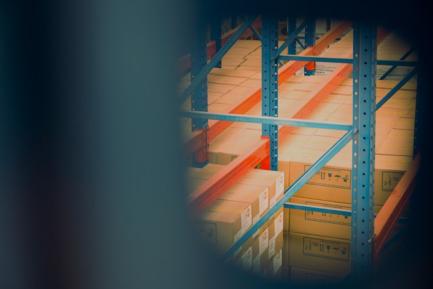The agrifood sector is suffering the consequences of the war in Ukraine
Spain’s agrifood sector is also being severely affected by the consequences of the conflict, both by rising prices for energy and agricultural commodities and also because there is a risk of shortages occurring among these inputs that are so essential for agrifood production
October 4th, 2022

- Russia and Ukraine are among the world’s leading producers of agricultural commodities. Both countries are the largest global exporters of cereals (wheat, corn and barley), vegetable oils (sunflower oil) and fertilisers (in the case of Russia). It is therefore not surprising that Russia’s invasion of Ukraine has had a very significant effect on international markets for these commodities, triggering much concern about the risk of a global food crisis.
- Spain’s agrifood sector is also being severely affected by the consequences of the conflict, both by rising prices for energy and agricultural commodities and also because there is a risk of shortages occurring among these inputs that are so essential for agrifood production. On balance, Spanish agriculture does not seem to be imminently at risk of shortages; the main impact is due to the sharp rise in production costs, already clearly affecting activity in the primary sector (whose gross value added fell by 2.6% year-on-year in the first half of 2022). In contrast, production in the agrifood industry is performing relatively well for the time being.
- However, rising production costs are affecting all the links in the food chain (production, processing, distribution and transport) and are being passed on to the food prices paid by end consumers, pushing up spending on food, especially among lower-income households. The most positive aspect continues to be the trend in agrifood exports, which are still growing strongly in 2022. Moreover, competitiveness indicators do not seem to have worsened despite the price hikes. It is also important to note that the war in Ukraine has once again demonstrated that the food supply chain is able to respond admirably in order to secure food supplies in times of crisis.
- The sector’s short-term outlook is conditioned by uncertainties stemming from the war in Ukraine, inflationary pressures and weather conditions (drought). However, more recent developments (agreements to release some of the grain currently retained in the Black Sea and good harvests in other producing countries) have reduced the risks of a global food crisis and should help to curb pressures on retail food prices. On the other hand, the latest surge in energy prices, especially gas, will act as a counterweight.
- In this Report, we focus on the citrus fruit sector, one of the most important in Spain’s agrifood system and a leading player in international export markets. This traditionally atomised sector, with the consequent difficulties in terms of modernisation, needs to tackle some important challenges. In particular, it faces strong competition from third countries at a time of sharply rising production costs, accentuated by the prolonged drought and the war in Ukraine. In any case, according to the international trade figures, Spain’s citrus agriculture continues to be the most competitive in the world.





